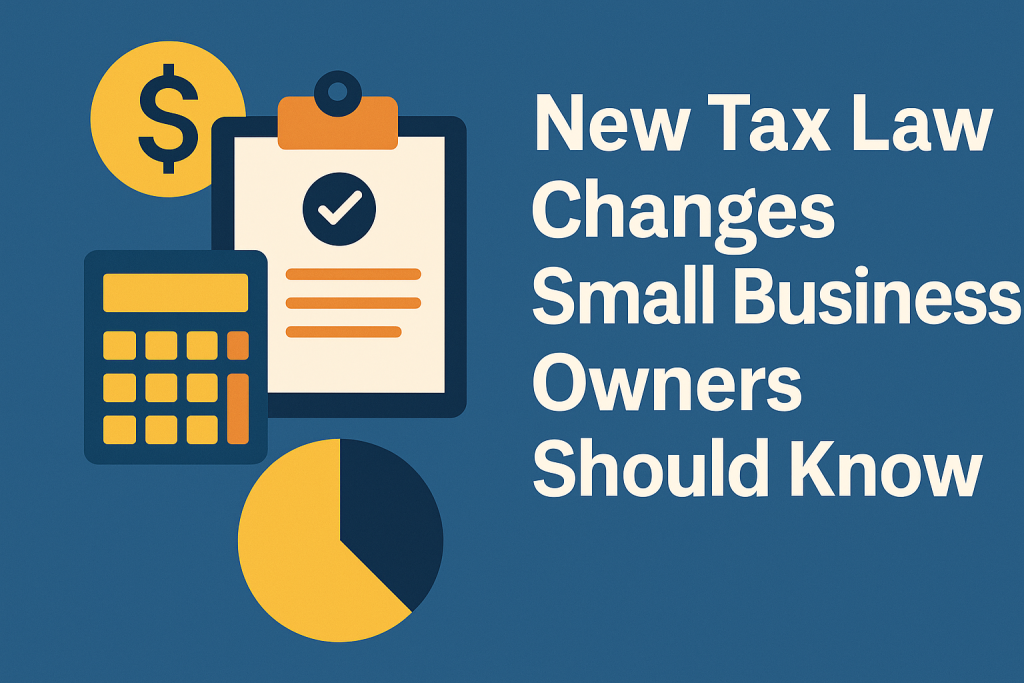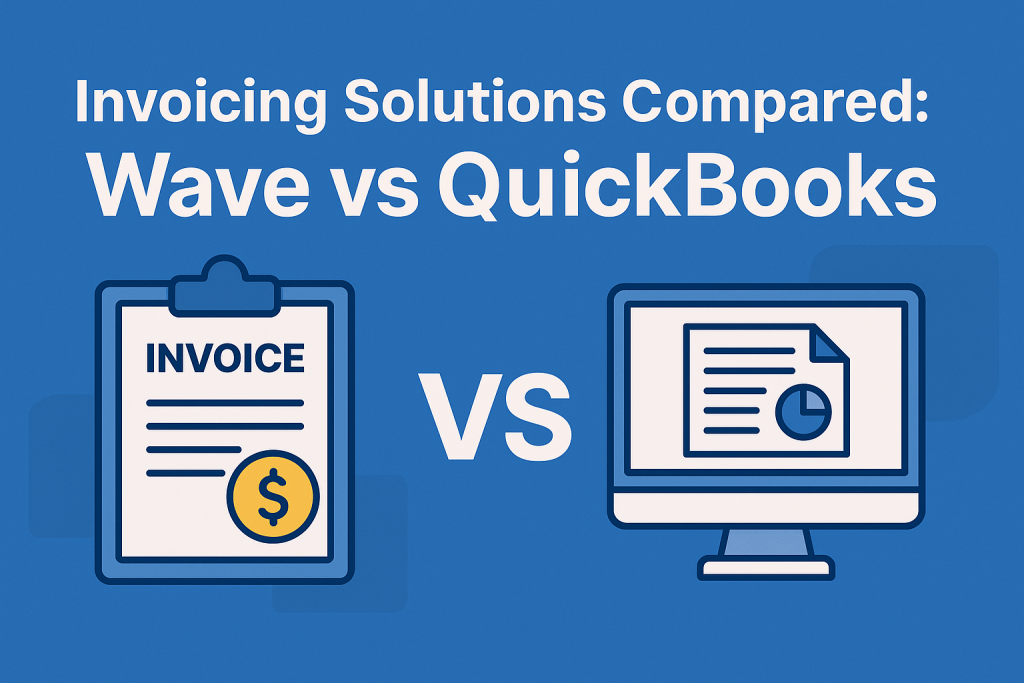Tax season is never simple—but in 2025, small business owners need to pay even closer attention. A wave of new tax law changes is taking effect, and staying informed can help you avoid penalties, maximize deductions, and keep more of your hard-earned money.
Whether you’re a sole proprietor, LLC, or S Corp, understanding what’s new in the tax code is essential. In this article, we break down the new tax law changes small business owners should know, and how you can prepare for the upcoming filing season.
1. Changes to Bonus Depreciation and Section 179
One of the most significant updates this year involves the gradual phase-out of 100% bonus depreciation.
What’s Changing?
- In 2022, businesses could deduct 100% of qualified property upfront.
- Starting in 2023, that percentage is being reduced by 20% each year.
- By 2025, only 60% of qualifying purchases can be written off immediately.
Section 179 is still available as an alternative, but it comes with its own caps and limitations.
Plan large equipment purchases wisely to maximize your deductions under current rules.
2. R&D Tax Credit Becomes More Valuable for Startups
Startups and tech-focused small businesses should take note: the Research & Development Tax Credit is now more accessible than ever.
Key Highlights
- Eligible startups can now apply up to $500,000 of their R&D credit against payroll taxes (up from $250,000).
- Applies to businesses with gross receipts under $5 million and fewer than five years old.
- Can dramatically lower your employment tax liability.
Even non-tech companies conducting process improvements or product testing may qualify.
3. Employee Retention Credit (ERC) Audits Are Increasing
Many businesses claimed the Employee Retention Credit (ERC) during the COVID-19 relief period. However, in 2025, the IRS is increasing enforcement and audits around improper claims.
What Business Owners Need to Do
- Revisit any ERC claims made in 2020 or 2021.
- Keep documentation to support eligibility and calculations.
- Avoid third-party firms promising “guaranteed” credits without thorough reviews.
If you claimed ERC, prepare for potential scrutiny—and consult a tax professional if unsure.
4. More Digital Payment Reporting (Form 1099-K Updates)
Previously, online payment platforms (like PayPal, Venmo, or Etsy) only reported income over $20,000 and 200 transactions. That’s changing.
2025 Form 1099-K Rule
- All business transactions over $600, regardless of volume, must now be reported via Form 1099-K.
- Applies to freelancers, gig workers, and small e-commerce sellers.
Make sure to track all digital payments and report them properly—even if the platform doesn’t withhold taxes.
5. SALT Cap Workarounds Still in Play
Many states now offer Pass-Through Entity Tax (PTET) elections to help business owners work around the federal $10,000 cap on state and local tax (SALT) deductions.
What You Should Know
- Allows the business to pay state taxes at the entity level.
- Can result in federal deduction of those taxes, bypassing the SALT limit.
- Election requirements vary by state.
Talk to a CPA about whether your state offers PTET and how to opt in.
6. IRS Funding Means More Audits Ahead
The Inflation Reduction Act included billions in new IRS funding. That means more audits—especially for small businesses.
How to Prepare
- Ensure your books are clean and up to date.
- Document deductions and expenses clearly.
- Work with a trusted accountant or bookkeeper year-round, not just at tax time.
Being proactive about recordkeeping is your best defense in the event of an audit.
Final Thoughts
These new tax law changes small business owners should know in 2025 represent both challenges and opportunities. The key to navigating them? Stay informed, work with professionals, and treat tax planning as a year-round effort.
With the right strategy, you can reduce your liability, take advantage of new credits, and keep your business compliant in a changing regulatory landscape.
Next Steps
- ✅ Meet with your accountant to discuss which changes apply to your business
- 📥 Download our free 2025 Small Business Tax Prep Checklist
- 💬 Comment below: Which change concerns you the most this year?


